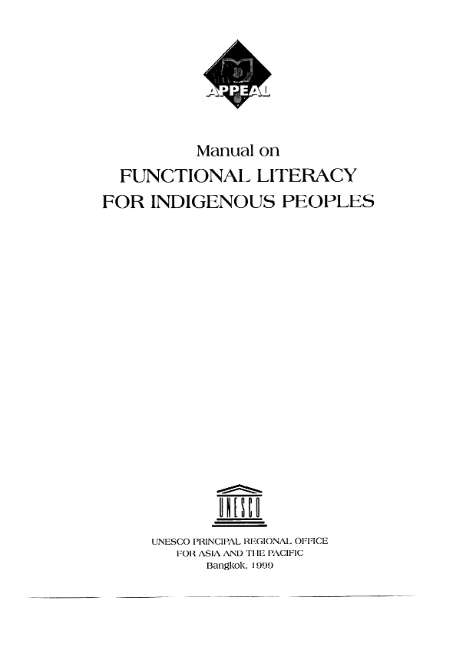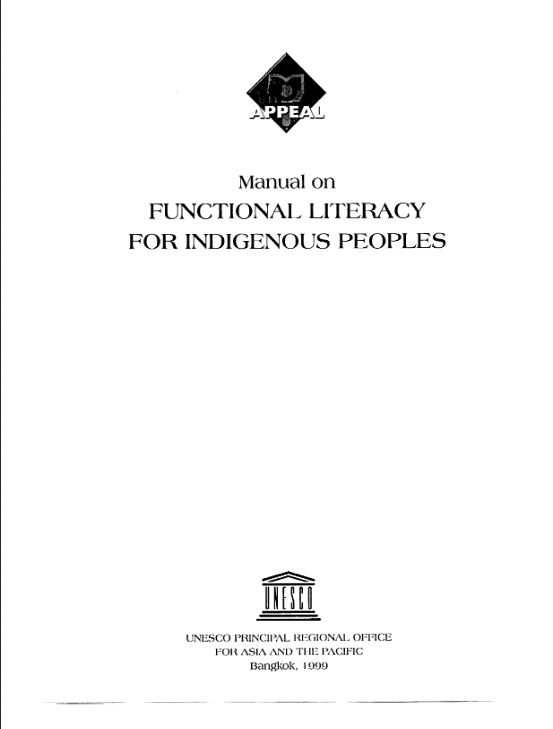
Education and Indigenous Peoples : Prior Inclusive Education
Publication Year: 2014
Author(s): UNESCO
Abstract:
“Education of indigenous children contributes to both individual and community development, as well as to participation in society in its broadest sense. Education enables indigenous children to exercise and enjoy economic, social and cultural rights, and strengthens their ability to exercise civil rights in order to influence political policy processes for improved protection of human rights. The implementation of indigenous peoples’ right to education is an essential means of achieving individual empowerment and self-determination. Education is also an important means for the enjoyment, maintenance and respect of indigenous cultures, languages, traditions and traditional knowledge…Education is the primary means of ensuring indigenous peoples’ individual and collective development; it is a precondition for indigenous peoples’ ability to realize their right to self-determination, including their right to pursue their own economic, social and cultural development.”1
Publisher/Organisation: UNESCO
Theme: Indigenous People | Subtheme: Education
Related Documents
Training Materials

Manual on Functional Literacy for Indigenous Peoples
Published Year: 1999
Abstract:
In the past, people were called literate or illiterate depending on whether they could or coul... Read More
Training Materials

Manual on Functional Literacy for Indigeneous Peoples
Published Year: 1999
Abstract:
In the pursuance of UNESCO’s goals which include the promotion of primary education, lit... Read More



